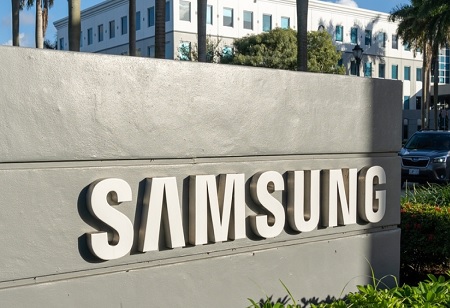At its location in Tamil Nadu, Samsung aims to invest Rs 400 crore to begin producing 5G and 4G radio equipment. Samsung is the latest global gear maker to come on board the government’s telecom equipment production-linked incentive (PLI) scheme and this will be its first such investment into telecom gear manufacturing in India, joining global peers Nokia and Jabil (Ericsson) in making 5G equipment locally. “Samsung has proposed an investment of Rs 400 crore and plans to start production of 5G/4G equipment at Kanchipuram,” the official said. Samsung did not officially respond to query till the time of going to press. The demand for 5G equipment has soared as both Reliance Jio
Infocomm and Bharti Airtel are rolling out 5G networks and the South Korean conglomerate has bagged deals from both Jio and Airtel for supplying 5G radios for select circles. Samsung entered the Rs 12,195-crore telecom equipment PLI scheme after giving it a miss last year because of lack of opportunities in the equipment supply space. That was because Jio was its only customer for 4G, and 5G rollouts had not happened last year. However, with the two major telcos rolling out 5G networks, Samsung has bagged deals from both.
Earlier this year, Samsung got approval as a ‘trusted’ source from the National Security Council Secretariat (NSCS). Getting such an approval is mandatory for being selected by telecom operators to install equipment on their network. The security clearance is part of a directive that came into effect from June 15 last year, which mandates that operators can only procure equipment from trusted sources.
The Department of Telecommunications (DoT) had notified the PLI scheme for telecom equipment manufacturing with an outlay of Rs 12,195 crore spread over five years, on February 24 last year. A total of 42 firms, including 28 micro, small and medium enterprises (MSMEs), have been selected under the scheme and they have made a total investment commitment of Rs 4,115 crore. Of these, 17 have applied for an additional incentive of 1% under the design-led manufacturing criteria.
